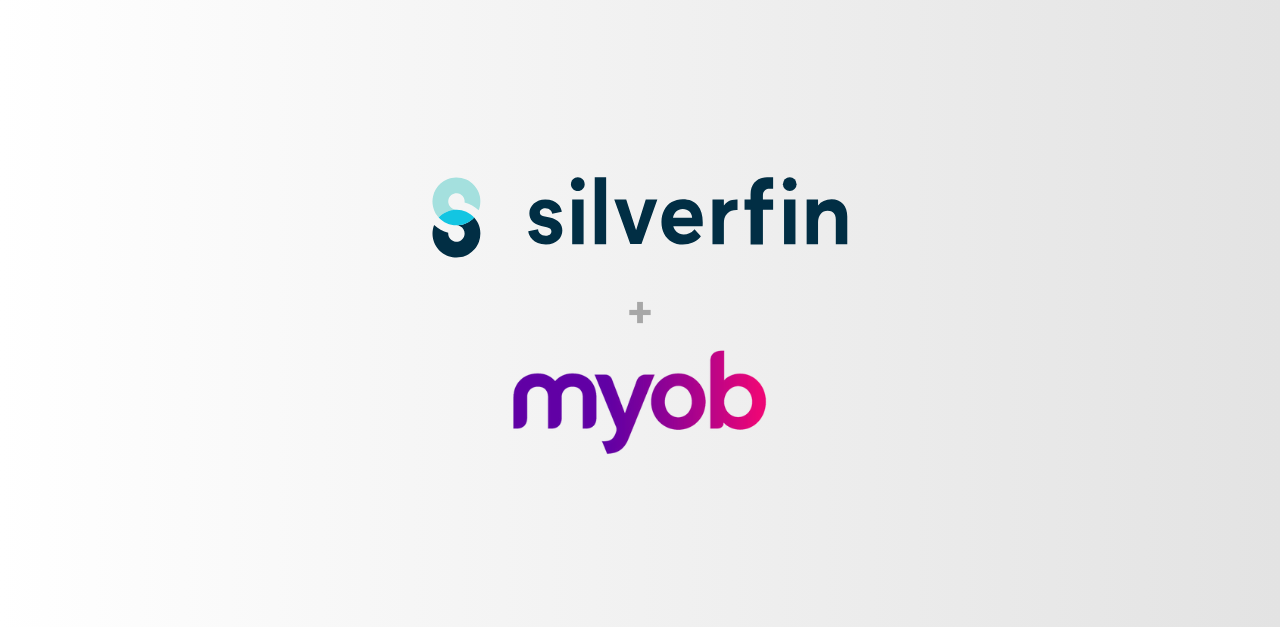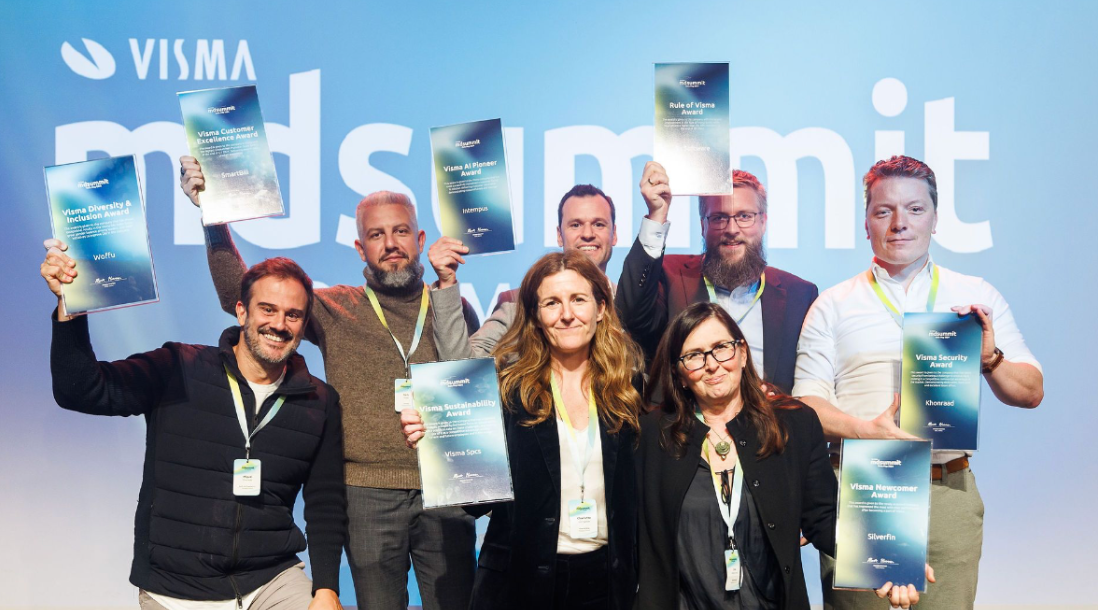The use of working papers in accountancy started in the 19th century at the beginning of modern accountancy, and have evolved significantly over time.
First used during the industrial revolution when businesses were changing beyond recognition, they were a response to the need for independent verification of financial records. Working papers began as auditors’ handwritten notes and ledgers during their on-site audits of factories, railways, and banks. By the 20th century, professional accounting bodies had formalised these notes into working papers. Meticulous documentation of all testing and verification became standard practice.
Today, working papers have gone digital starting with spreadsheets like Excel and increasingly moving to cloud-based, integrated solutions with analytics tools like Silverfin.
Now an essential tool for accountants, digital working papers offer several benefits, and this article explores their advantages and how they are reshaping accountancy practices.
Discover more on Silverfin’s Cloud-Based Accounts Production page.
What are digital working papers?
Accountants use digital working papers to compile, organise, and support financial statements, audits, and compliance activities. Because they are hosted in the cloud, digital working papers provide greater flexibility, automation, and far better security.
Key features include:
- Cloud storage: Documents are stored in a secure, central repository, making them accessible from anywhere.
- Automation: Digital tools automate tasks such as data entry, referencing, and reconciliation.
- Real-time access: Everyone has the same instant access to documents and data, regardless of location or time zone.
- Consistency: Teams are better able to use standardised working papers templates across their firm no matter the location of their accountants
Digital working papers streamline financial reporting and ensure efficient audit preparation. Their use also helps with compliance.
Benefits of digital working papers
Digital working papers offer several benefits over traditional working papers:
- Improved accuracy: Automation reduces the potential for manual errors.
- Enhanced compliance processes: Inclusion of regulatory information and standards facilitates easy adherence.
- Collaboration: Access to centralised data removes the need to pass documents back and forth over email or other messaging platforms. The ability to access and work on the same document saves time and ensures the correct version of the document is always used.
- Efficiency and time savings: Paperless accounts production helps to streamline workflows, removes redundant activities, saving time.
- Security and version control: Built-in encryption, audit trails, and role-based permissions improve data security and reduce the risk of unauthorised changes.
Explore more on Silverfin’s Working Papers product page.
Paperless accounts production: a game changer for accounting firms
The shift to digital working papers from paper-based documents has greatly improved productivity within accounting firms. A recent survey by Accounting Today shows that 58% of firms that adopted digital tools report improved turnaround times for financial reporting.
Digital working papers not only boost efficiency, they also contribute to sustainability by reducing the need to print and store documents. A mid-sized accounting firm in the UK, for example, saved more than £20,000 annually in paper and physical storage costs after implementing a digital paperless accounts production system.
How to implement digital working papers in your firm
- Step 1: Assess current working paper processes to identify any inefficiencies or bottlenecks.
- Step 2: Select a cloud-based working paper solution that easily integrates with existing accounting and audit software. If there is any uncertainty, contract a specialist that can provide guidance, because software that does not easily integrate with legacy systems will delay implementation, and contribute to a chaotic and stressful working environment.
- Step 3: Ensure comprehensive security measures are in place with chosen solutions, including encryption, access controls, and compliance checks.
- Step 4: Train team members on digital working paper best practices to maximise efficiency and ensure full adoption.
Read more on our Benefits of Digital Transformation blog.
The future of digital working papers in accounting
AI and automation will have a substantial impact on working papers. Machine learning algorithms are already being used to automate data validation and reduce manual review times.
As AI capabilities expand, secure working papers will become integrated with other financial systems, reducing administrative tasks even more and giving accountants more time to focus on value-added services.
Explore trends in our AI in Accounting Market Trends blog.
Conclusion
Several accountancy firms are already using digital working papers, but not yet the majority. A recent Silverfin survey shows that more than a third, 36%, of mid to senior level accountancy employees have implemented software to automate their working papers. Asked why their firm has not yet implemented new technology or software, 33% said it was due to budget constraints, 25% said there was a resistance to change, and another 25% said there was a lack of leadership buy-in.
Managerial support is probably the most important factor. Gain managerial support for digital working papers and the budget will be found, resistance among employees will decrease.
Digital working papers deliver significant benefits, including improved accuracy, enhanced collaboration, and stronger security. By adopting cloud-based, paperless solutions, operations are streamlined, costs are reduced, and competitive standing is enhanced.
Ready to modernise your working papers? Discover Silverfin’s comprehensive digital solutions today.














